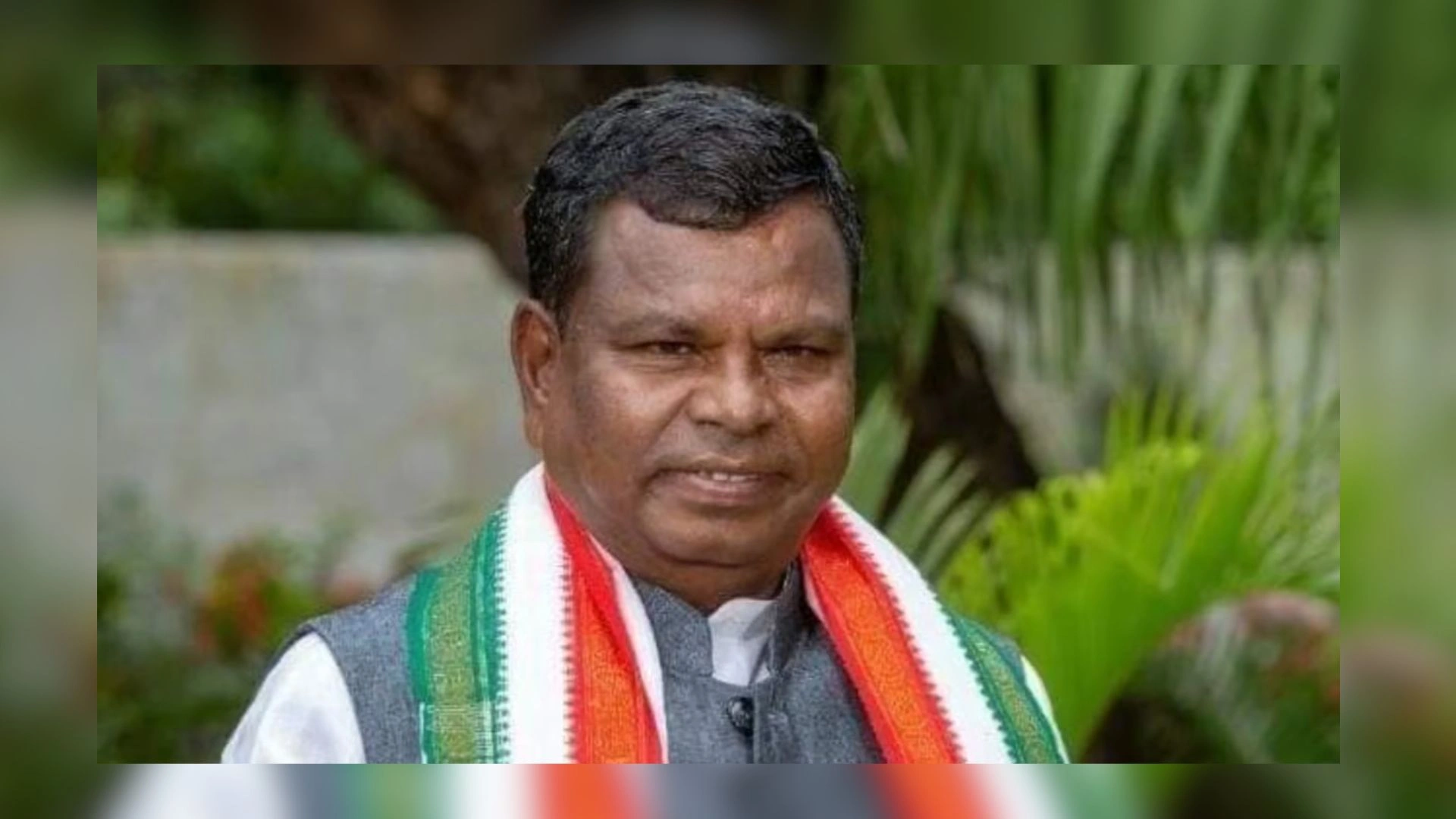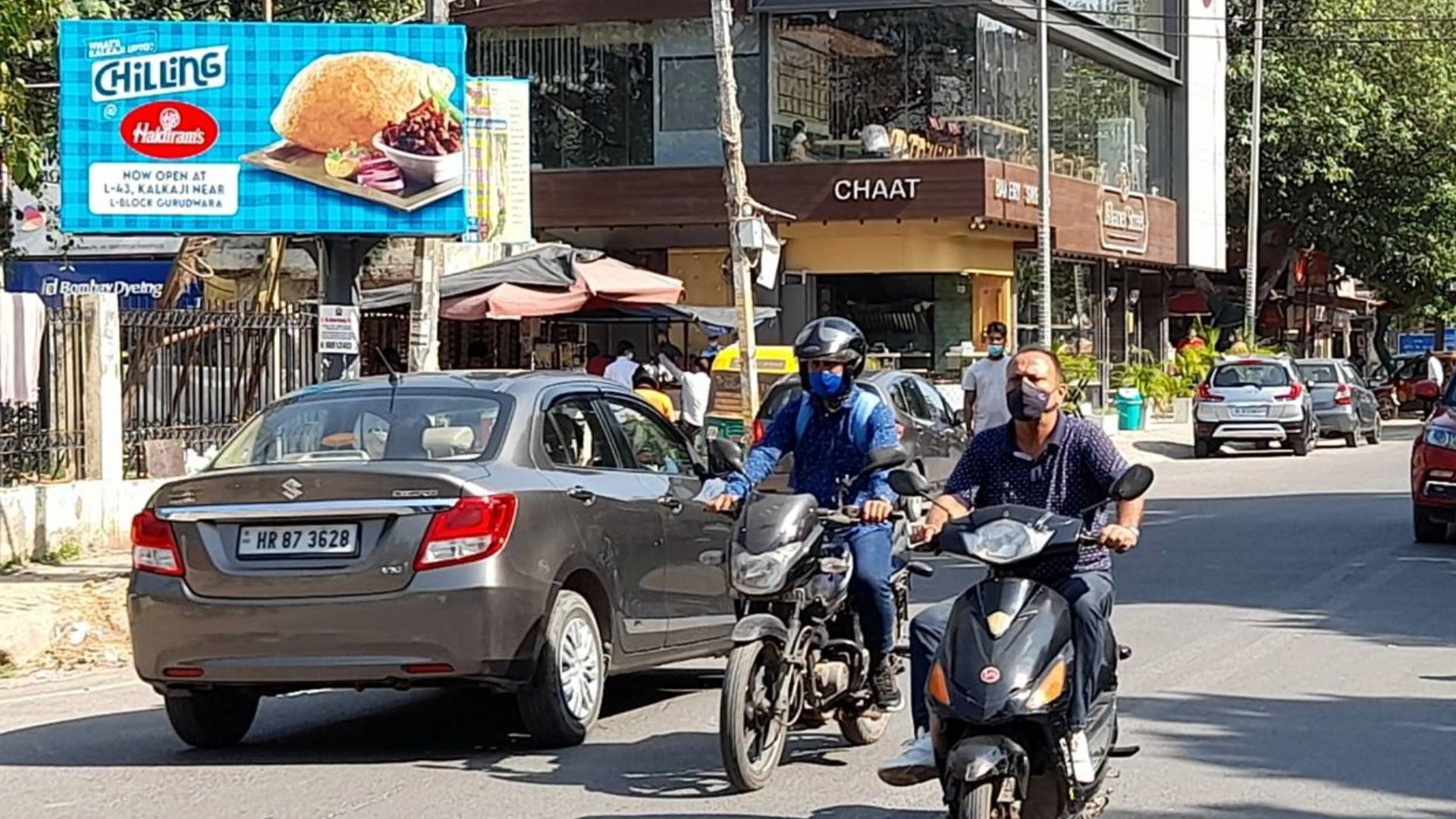South Korean President Yoon Suk Yeol was detained on Wednesday after a major law enforcement operation at the presidential compound, marking the end of a weeks-long standoff between his bodyguards and the country’s anti-corruption agency. The president faces questioning regarding his controversial Dec. 3 decision to declare martial law.
Martial Law and Political Unrest
Yoon’s martial law declaration, made on Dec. 3, was quickly overturned by the National Assembly within hours. The president claimed the measure was necessary to combat obstruction from the liberal opposition, which held a majority in the legislature. Yoon accused the opposition of being North Korea-sympathizing “anti-state forces” hindering his administration’s agenda, including the approval of his budget. He further described these forces as responsible for the nation’s decline.
Yoon Suk Yeol Arrest: Key Developments and Timeline of Events
- January 10: Anti-corruption investigators and police raided the presidential compound, detaining Yoon more than six weeks after his attempted power grab. Yoon had remained in the Hannam-dong residence in Seoul, vowing to “fight to the end” against efforts to remove him from office.
- January 11: The Constitutional Court held its first formal hearing regarding the martial law declaration, but the session lasted only five minutes as Yoon refused to attend. The next hearing is scheduled for January 16.
- January 3: Tensions escalated when investigators were blocked by presidential security forces, military personnel, and vehicle barricades from entering Yoon’s compound. This led to scuffles and heightened political instability.
- January 4: The Seoul Western District Court issued a warrant for Yoon’s detention for questioning. The National Assembly also voted to impeach acting President Han Duck-soo over his failure to fill vacancies on the Constitutional Court bench, worsening the country’s political chaos.
Yoon Suk Yeol Impeachment and Martial Law Enforcement
The National Assembly voted to impeach President Yoon, with the motion passing 204-85. This move suspended his presidential powers, with Prime Minister Han taking over. Yoon defended his martial law decision, claiming it was a necessary act of governance and denying any rebellion charges, vowing to “fight to the end.”
Simultaneously, the National Assembly passed motions to impeach national police chief Cho Ji Ho and Justice Minister Park Sung Jae, suspending them from official duties for their alleged involvement in enforcing martial law.
Arrests and Allegations of Collusion
Former defense minister Kim Yong Hyun was arrested in connection with alleged collusion in the martial law enforcement. Authorities reported that Kim had attempted suicide hours before a Seoul court issued his arrest warrant.
South Korean police conducted searches of Yoon’s office for evidence related to the martial law decree, but were blocked by Yoon’s security team. Investigations into rebellion charges and other allegations surrounding the martial law declaration intensified, with police detaining Kim and others involved in its execution.
Commander’s Testimony and Further Investigations
Kwak Jong-keun, commander of the Army Special Warfare Command, testified before lawmakers that he had been instructed by former defense minister Kim to obstruct the National Assembly from convening. Kwak also revealed that Yoon had directly ordered him to “quickly destroy the door and drag out the lawmakers,” though Kwak did not carry out these orders.
Yoon’s presidential powers were further curtailed when the Justice Ministry imposed a travel ban on him while police, prosecutors, and South Korea’s anti-corruption agency expanded their investigations.
Yoon’s Apology and Political Turmoil
Amid growing pressure, Yoon issued an apology, taking responsibility for declaring martial law. He stated that he would not shy away from legal or political accountability and would leave his party to address the political crisis. Yoon’s apology, however, did little to quell the chaos, as South Korea’s political landscape remained volatile.
In a stunning reversal, Han Dong-hun, the reformist leader of Yoon’s party, voiced support for suspending Yoon’s constitutional powers, citing concerns that the president posed a “significant risk of extreme actions.” Han warned that Yoon could potentially attempt to impose martial law again, which he said could endanger the Republic of Korea and its citizens.
Yoon Suk Yeol Replaces Key Officials
Yoon replaced his defense minister, Kim, a close associate believed to be behind the president’s martial law decision. Han, who had previously criticized the declaration as “unconstitutional,” pledged to defeat the opposition-led impeachment motion, but emphasized the need to prevent chaos and protect citizens.
Yoon’s martial law declaration shocked the nation. In an emergency address to the public, Yoon denounced the opposition-controlled National Assembly as a “den of criminals” obstructing government affairs. He vowed to “eradicate” political rivals but failed to provide direct evidence for his claims.
In response, the Democratic Party called for an emergency meeting and launched a campaign to counteract the martial law order. Military personnel encircled the National Assembly to prevent lawmakers from voting on the measure, while opposition leader Lee Jae-myung live-streamed his efforts to rally support.
Despite the heavy military presence, around 190 lawmakers, including 18 from Yoon’s own conservative People Power Party, voted to lift martial law by 1 a.m. Following a Cabinet meeting, martial law was officially lifted by 4:30 a.m. The move represented a major victory for the opposition and marked a decisive moment in the unfolding political crisis.
Also Read: What To Know About South Korea’s Martial Law For Which Yoon Suk Yeol Got Arrested



















